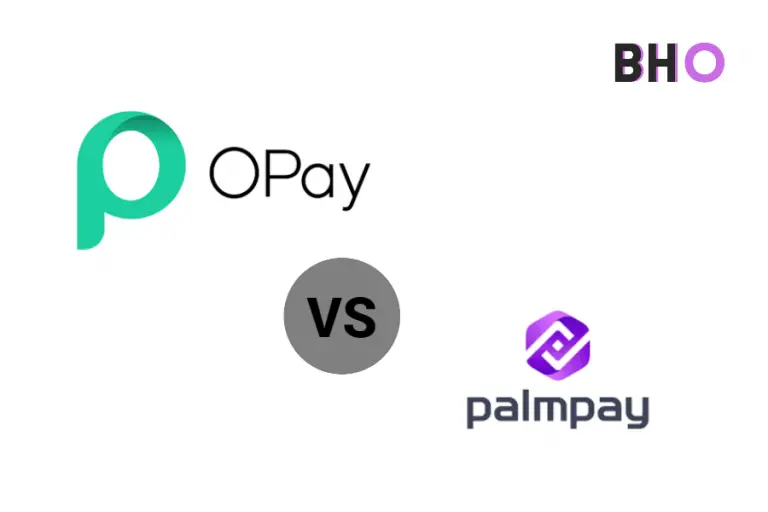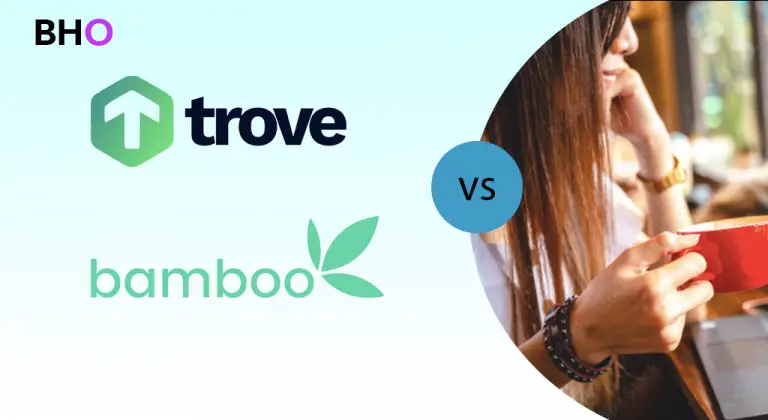GCP vs AWS vs Microsoft Azure; which is best for your business?
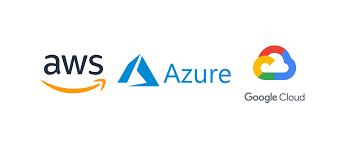
Table of Contents
Introduction
In the rapidly evolving world of cloud computing, businesses have a plethora of options to choose from, with Google Cloud Platform (GCP), Amazon Web Services (AWS), and Microsoft Azure leading the market. Each of these cloud service providers offers a range of services across Infrastructure as a Service (IaaS), Platform as a Service (PaaS), and Software as a Service (SaaS). This article compares these platforms in terms of features, market coverage, pricing, and best use cases, to help you determine which provider aligns best with your business needs.
Google Cloud Platform (GCP)
GCP launched in 2008 and is ranked as the 3rd largest cloud platform by market share. It is a suite of cloud computing services that provides a series of modular cloud services including computing, data storage, data analytics, and machine learning, alongside a set of management tools.
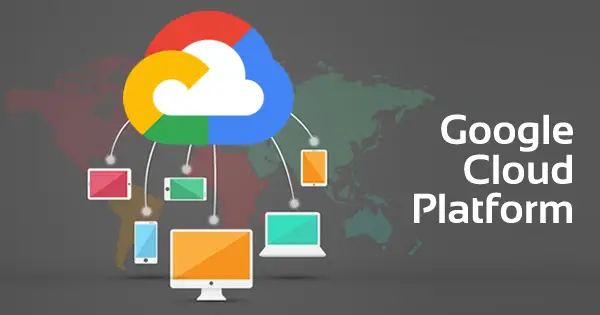
- Key Services:
– Compute Engine (IaaS): GCP’s Compute Engine offers highly customizable virtual machines (VMs) with features like custom machine types, preemptible VMs for cost savings, and live migration to ensure zero downtime. It’s designed for enterprises needing flexibility and scalability.
– App Engine (PaaS): A standout in PaaS, App Engine provides a fully managed environment, enabling developers to deploy applications without managing the underlying infrastructure. It supports multiple programming languages and offers automatic scaling and traffic splitting for efficient workload management.
- Advantages:
– Cost-Effectiveness: GCP offers competitive pricing, particularly with sustained use discounts and preemptible VMs, making it a cost-effective option for long-running workloads.
– Developer-Friendly: App Engine’s fully managed environment and support for multiple languages make it ideal for startups and small teams focused on rapid development and deployment.
- Disadvantages:
– Global Reach: While GCP has a strong presence in North America, Europe, and Asia-Pacific, it lags behind AWS and Azure in terms of the number of global regions and availability zones.
Amazon Web Services (AWS)
Amazon Web Services (AWS) is the one of the world’s most comprehensive and broadly adopted cloud platform, offering over 200 fully featured services from data centers globally. AWS has by far the largest market share of customers utilizing their services (32%). AWS launched in 2006 when it started offering IT infrastructure or cloud computing to businesses.

- Key Services:
– Elastic Compute Cloud (EC2 – IaaS): EC2 is AWS’s flagship IaaS offering, providing a vast array of instance types, including specialized instances for high-performance computing, GPU-based workloads, and machine learning. It’s highly flexible and customizable, with features like Auto Scaling and Elastic Load Balancing.
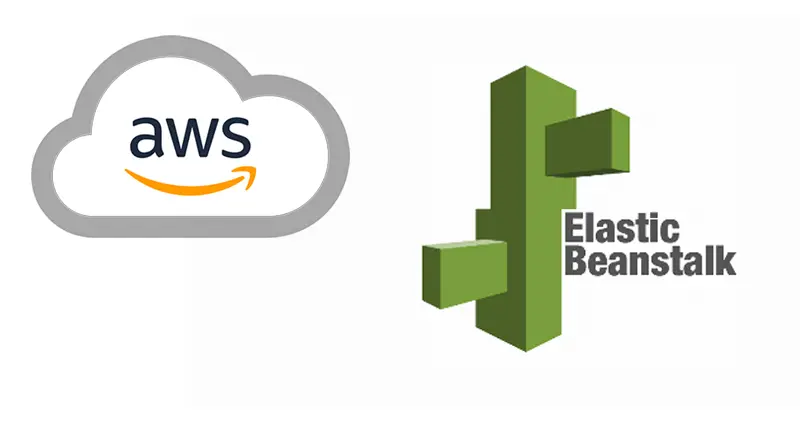
– Elastic Beanstalk (PaaS): Elastic Beanstalk allows developers to deploy and manage applications easily, with deep integration into the AWS ecosystem. It supports various languages and frameworks, offering more customization options than fully managed PaaS offerings.
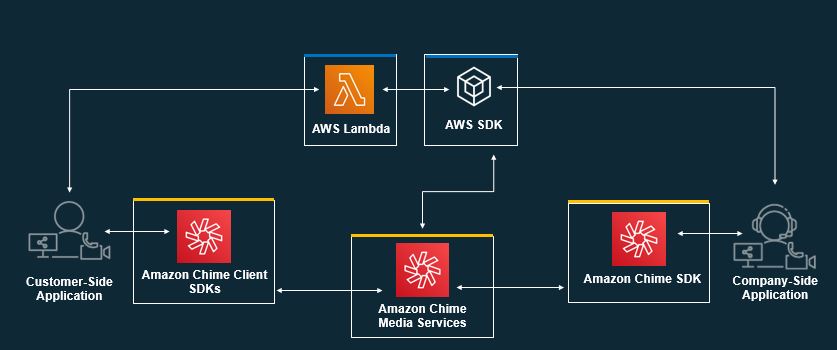
– AWS SaaS Products: AWS offers a range of SaaS solutions, including Amazon Chime for communication, Amazon WorkDocs for document collaboration, and Amazon WorkSpaces for virtual desktops. These are deeply integrated with AWS’s broader services, providing a comprehensive solution for enterprises.
- Advantages:
– Extensive Global Infrastructure: AWS leads in global reach, with the most regions and availability zones, offering unmatched options for redundancy, compliance, and low-latency access.
– Broad Feature Set: AWS provides the most extensive range of services across IaaS, PaaS, and SaaS, catering to virtually any business need, from startups to large enterprises.
– Resilience and Redundancy: AWS’s global infrastructure ensures high availability and disaster recovery options, making it a reliable choice for mission-critical applications.
- Disadvantages:
– Complex Pricing: AWS’s pricing structure can be complicated, with numerous options that can make it difficult to predict costs accurately.
– Higher Costs: AWS is generally more expensive than GCP, particularly for similar workloads, which may be a consideration for cost-sensitive businesses.
Microsoft Azure
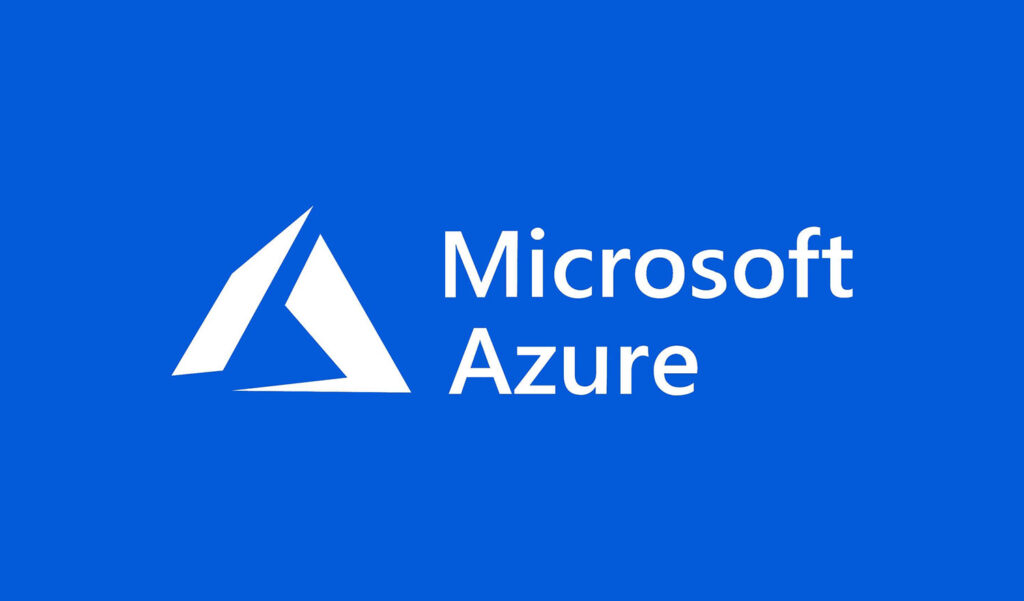
Microsoft Azure, often referred to as Azure, is a cloud computing platform run by Microsoft. Just like AWS it offers access, management, and the development of applications and services through global data centers. Azure also offers more than 200 products to choose from when building out your solutions.
Microsoft Azure launched in 2010 and has the 2nd highest market share of customers today.
- Key Services:
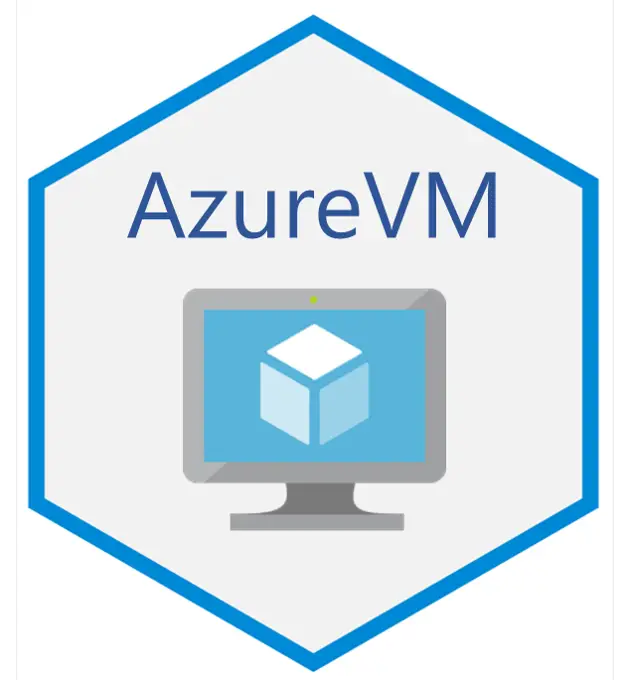
– Azure Virtual Machines (IaaS): Azure’s IaaS offering includes a wide range of VM types, including specialized options for GPU workloads and high-performance computing. Azure also provides strong support for hybrid cloud scenarios, integrating seamlessly with on-premises environments.
– Azure App Service (PaaS): Azure App Service supports multiple programming languages and frameworks and integrates tightly with Visual Studio and Azure DevOps, providing a streamlined development workflow. It’s fully managed, with automatic scaling and built-in security features.
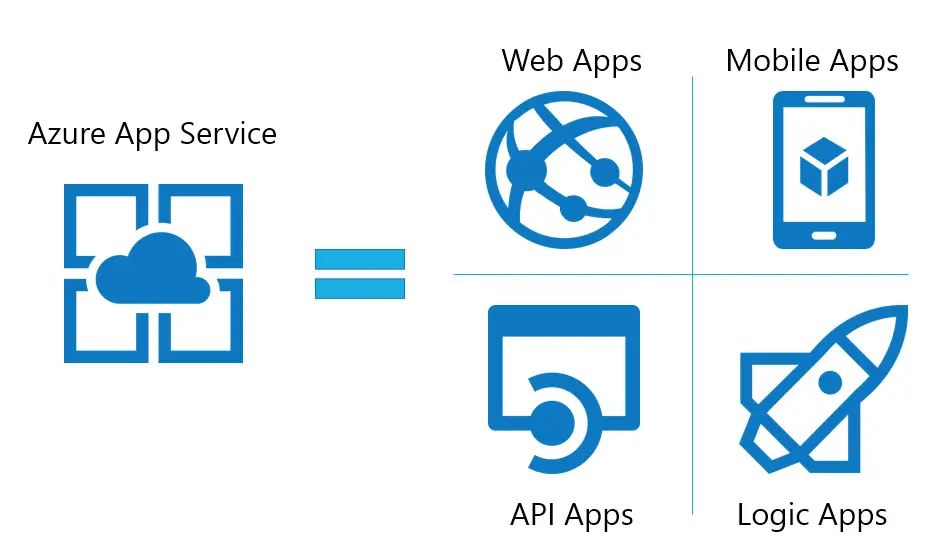
- Advantages:
– Hybrid Cloud Capabilities: Azure excels in hybrid cloud scenarios, offering seamless integration between cloud and on-premises environments. This makes it a top choice for enterprises needing to bridge their existing infrastructure with cloud services.
– Global Reach: Azure has the broadest global coverage, with the most regions and availability zones, making it an excellent choice for businesses with a dispersed user base or regulatory requirements across multiple regions.
– Enterprise Integration: Azure’s integration with Microsoft products is unmatched, making it a natural fit for businesses already invested in the Microsoft ecosystem.
- Disadvantages:
– Complexity: Azure’s extensive range of services and integrations can be overwhelming, particularly for organizations not familiar with the Microsoft ecosystem.
– Vendor Lock-In: Heavy reliance on Microsoft products can lead to vendor lock-in, making it difficult to migrate to other cloud providers in the future.
Which Cloud Provider is Best?
Best in Features & Capabilities:
– AWS: AWS offers the most comprehensive set of features and capabilities, particularly in IaaS and PaaS, making it ideal for businesses needing a wide range of services and deep customization options. These features are outlined below.
IaaS features:
- EC2: AWS’s Elastic Compute Cloud (EC2) offers a vast array of instance types, including specialized instances for high-performance computing, GPU-based workloads, and machine learning.
- Elastic Block Store (EBS): Provides persistent block storage for EC2 instances, with options for encryption and snapshot backups.
- Auto Scaling: Automatically adjusts the number of instances based on demand, ensuring optimal performance and cost efficiency.
Paas Features:
- Elastic Beanstalk: AWS’s PaaS offering allows developers to deploy and manage applications without worrying about the underlying infrastructure. Elastic Beanstalk supports multiple languages, including Java, .NET, PHP, Node.js, and Python.
- Integrated Monitoring and Logging: Comes with built-in monitoring and logging through AWS CloudWatch, providing insights into application performance.
– Azure: Azure excels in hybrid cloud and enterprise scenarios, with strong support for Microsoft products and the most extensive global reach.
– GCP: GCP is a cost-effective option with standout offerings in PaaS and SaaS, particularly for businesses focused on collaboration and ease of use.
Best in Market Coverage/Scope:
– Azure: Azure leads in global coverage, making it the best choice for businesses with a worldwide presence or specific regulatory requirements.
– AWS: AWS follows closely with an extensive global network, offering excellent options for redundancy and low-latency access.
– GCP: GCP, while slightly behind, still offers robust regional options, particularly in North America, Europe, and Asia-Pacific.
Best in Pricing:
– GCP: GCP is generally the most cost-effective, particularly for long-running workloads with sustained use discounts. They use a simple model: “Pay-as-you-go” which means you can pay for only the services you use under the platform. Hence, the pricing is dependent on which service you want to use. See their pricing list here.
– Azure: Azure offers competitive pricing, particularly for enterprises using hybrid cloud models. Azure’s pricing-by-product is the model used. E.g. “Azure’s virtual machines” have their individual price, so does Azure app service, etc. See the pricing list here.
– AWS: AWS tends to be more expensive but offers the most flexible pricing options, including reserved and spot instances. AWS offers you a pay-as-you-go approach for pricing for the vast majority of our cloud services. With AWS you pay only for the individual services you need, for as long as you use them, and without requiring long-term contracts or complex licensing. You only pay for the services you consume, and once you stop using them, there are no additional costs or termination fees. See their pricing list here.
Best Use Case:
– AWS: Best for enterprises requiring a broad feature set, extensive global coverage, and deep customization.
– Azure: Ideal for businesses already using Microsoft products, with strong hybrid cloud capabilities and extensive global reach.
– GCP: Best suited for startups, developers, and businesses prioritizing cost-efficiency and ease of use, especially in PaaS and SaaS.
In conclusion, selecting the right cloud provider depends on your specific needs, such as the level of control required, your existing technology stack, and budget considerations. AWS is the best choice for organizations needing a comprehensive set of features and global reach, albeit at a higher cost. Azure offers excellent integration with Microsoft products and the broadest global coverage, making it ideal for enterprises with a strong Microsoft presence. GCP is the most cost-effective option, with standout offerings in PaaS and SaaS, making it an excellent choice for businesses focused on collaboration and development efficiency.
By carefully evaluating the strengths and weaknesses of each provider, you can make an informed decision that aligns with your business goals.
References
- 2024 Cloud Market Share Analysis: Decoding Industry Leaders and Trends.
- Google Compute Engine FAQ.
- Google Cloud Platform. “Regions and Zones.”(Geography and regions | Documentation | Google Cloud ).
- Amazon Web Services. “Global Infrastructure.” [AWS](AWS Global Infrastructure ).
- Microsoft Azure. “Azure Global Infrastructure.” [Microsoft Azure](Azure global infrastructure ).



